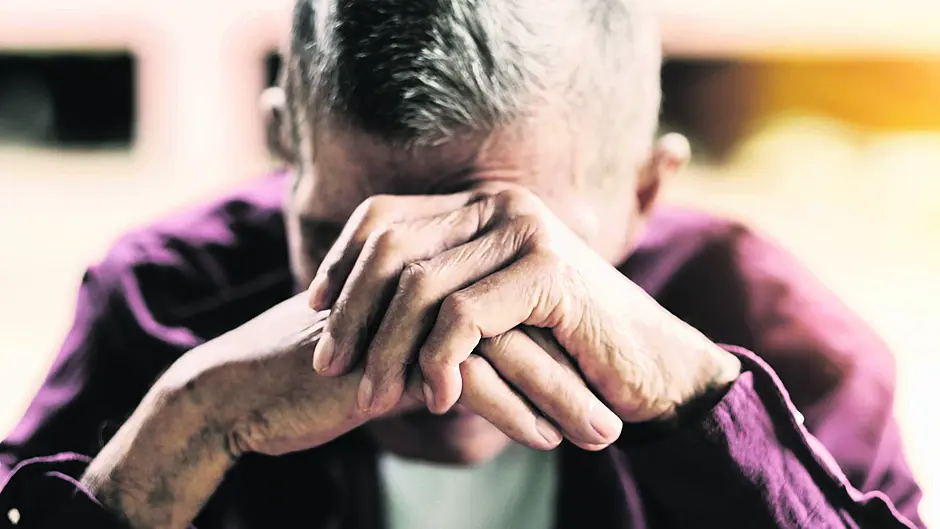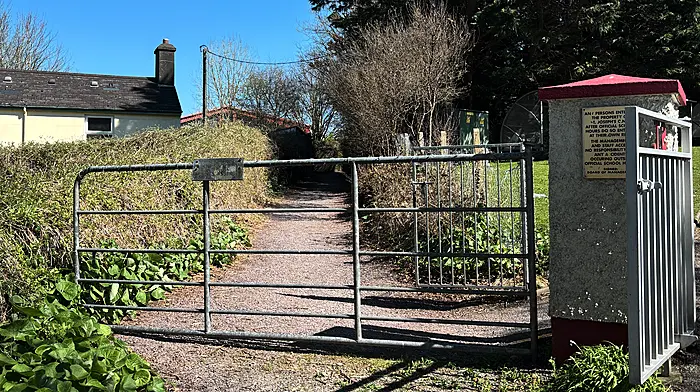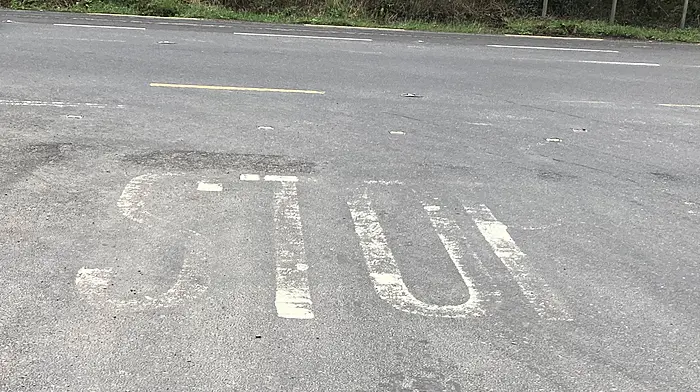The surgeon general in the US recently published a report saying the country was suffering from an epidemic of loneliness. But you don’t have to travel across the Atlantic to see how isolation is affecting us, writes Aidan Barry
SOME recent good weather compelled me to journey deeper into West Cork. Beauty demands photography. No sooner was I out of the car than a man was off his bike. I learned much about his adopted area and about his life over the next 10 minutes or so. We are men, nothing said, yet I sensed a yearning, a loneliness.
On May 2nd, Dr Vivek Murty, the USA surgeon general, published an advisory. Advisories are reserved for issues deemed to be significant public health challenges that ‘need the American people’s immediate attention’. The advisory was titled Our Epidemic of Loneliness and Isolation.
That title led to it being widely reported around the world. You may have heard or read about it, and you may have considered it of no relevance to you. Yet, it impacts all of us.
The report finds that about half of adults in the United States reported experiencing measurable levels of loneliness.
The practical physical consequences of poor connection can be devastating, including a 29% increase in the risk of heart disease, a 32% increase in the risk of stroke, and a 50% increase in the risk of developing dementia in older adults.
Add to this the extensive human suffering that it entails, and consequential loss of productivity, opportunity, community engagement and resilience. Worse still, it is our children and our grandchildren that are becoming less socially connected at the fastest pace.
Social networks are getting smaller, and the levels of social participation are declining, and dramatically so in the past 20 years.
We may think that this affects our society but not us directly. We may never feel lonely, we may only wish that things would slow down so that we could. But the surprising finding from the meta-analysis of all the relevant research carried out in the English-speaking world, regardless of whether people report that they are feeling lonely or not, is that as we become more isolated, the risk to our well-being increases just the same.
It is hard to understand why this is the case.
Perhaps an element may be that we are not as good at looking after our own interests as we think we are.
We may need a friend to tell us to go and get that lump checked, or to recognise that our lifestyle has become unhealthy.
Perhaps a friend persists in pointing out to us that health and well-being is of greater priority than that report with the looming deadline. Perhaps a friend is needed to pull us out of ourselves, to broaden our perspective.
Research suggests that 90% of those that do not report loneliness, and objectively are not isolated, have at least three close friends.
The Irish longitudinal study being carried out in Trinity College shows similar effects here. What is going on in western societies?
Dr Murty refers to the huge impact of the emergence of social media.
He is not dismissive of its benefits.
He insists, though, that it is not an adequate substitute for in-person socialisation. Other factors include ageing populations, smaller families, less marriages/partnerships, and more choosing to live alone. Consequently, many have less informal supports in times of need.
Significantly, Dr Murty points to less community involvement. Membership in organisations ‘that have been important pillars of community connection have declined significantly in this time’.
The cumulative evidence shows that higher levels of social connectedness suggest better community outcomes, ‘ranging from population health to community safety, resilience, prosperity, and representative government’. These studies establish that social connection is vital not only to our individual physical, mental, and emotional health, but also to the health and well-being of our communities.’
Dr Murty goes on to make six suggestions for a new national strategy to tackle the problem. But we all know that what will matter most, will be whether we ourselves decide to prioritise engagement with others, and crucially whether we decide to engage with, support and strengthen our community organisations.
Not everyone can travel when the sun shines. Not all have the means. Some cannot leave their homes. Many have lost their lifelong friends. Building resilient communities starts with inclusiveness. It starts with us.
• Aidan Barry is a member of Kilmurry Active Retirement Association.









